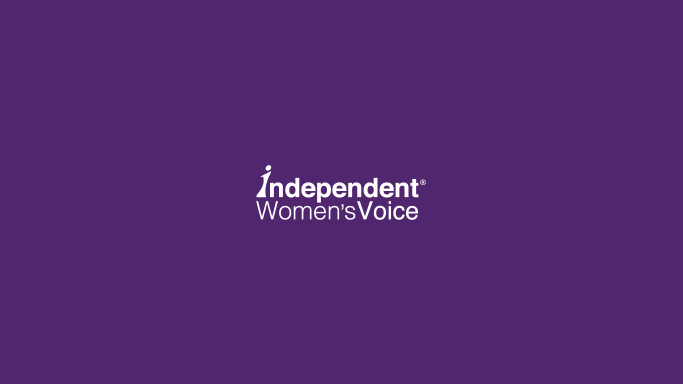The New York Times isn’t the only mainstream media outlet that features some truth telling about health-care reform today (see below). Fred Hiatt of the Washington Post critiques the misleading claims made by Democrats pursuing the public-option.
Of the idea of a government-run insurance plan, Hiatt writes:
It allows Democrats to make their base happy, to bash the unlovable insurance companies — and to claim to be taking care of cost control, too, by ensuring competition in the marketplace.
The claim merits skepticism. If, as advocates sometimes argue, a public plan operates without favoritism, it will be simply one more entrant in the marketplace. Like other companies, it will have marketing and administrative costs. In some markets served by few private plans, it could offer a useful alternative. But it won’t radically reduce costs.
If, as advocates argue at other times, the point is to insure sick people whom private companies, despite all regulatory efforts, find ways to shun, the public plan could offer a valuable safety net. But that wouldn’t save money.
And if, as seems likeliest — and as House legislation mandates — the plan uses government power to demand lower prices from hospitals and drug companies, those providers may lower quality or seek to make up the difference from private payers. Private companies would have to raise their rates, so more people would choose the public plan, so private rates would rise further — and we could end up with only the public option and no competition at all. Single-payer national health insurance may be the best outcome, but we should get there after an honest debate, not through the back door.
Republican Congressman Eric Cantor also hits the—er—disingenuous methods the Democrats are trying to sell the public option:
The most prominent poison pill is the government-run plan, which the majority has disingenuously sold to the public as a way to boost competition among insurers and give Americans more choices. In reality, it will do the opposite. Private insurance companies simply cannot compete against a government with the leverage to set the prices it pays to health care providers (the downside, of course, is that care the government is willing to pay for will be rationed and of lower quality).

